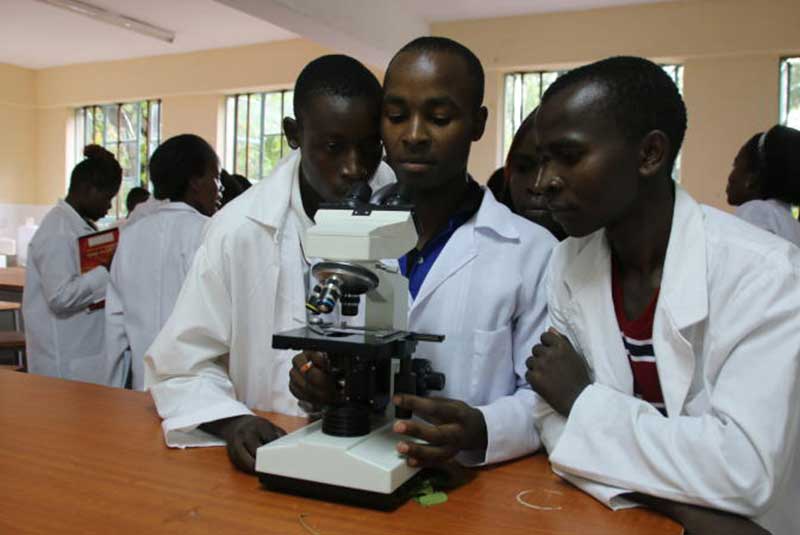×
The Standard e-Paper
Join Thousands Daily

At least 1,202 candidates will graduate during Kibabii University’s second graduation ceremony today.
President Uhuru Kenyatta, who is the institution's chancellor, is expected to grace the occasion.